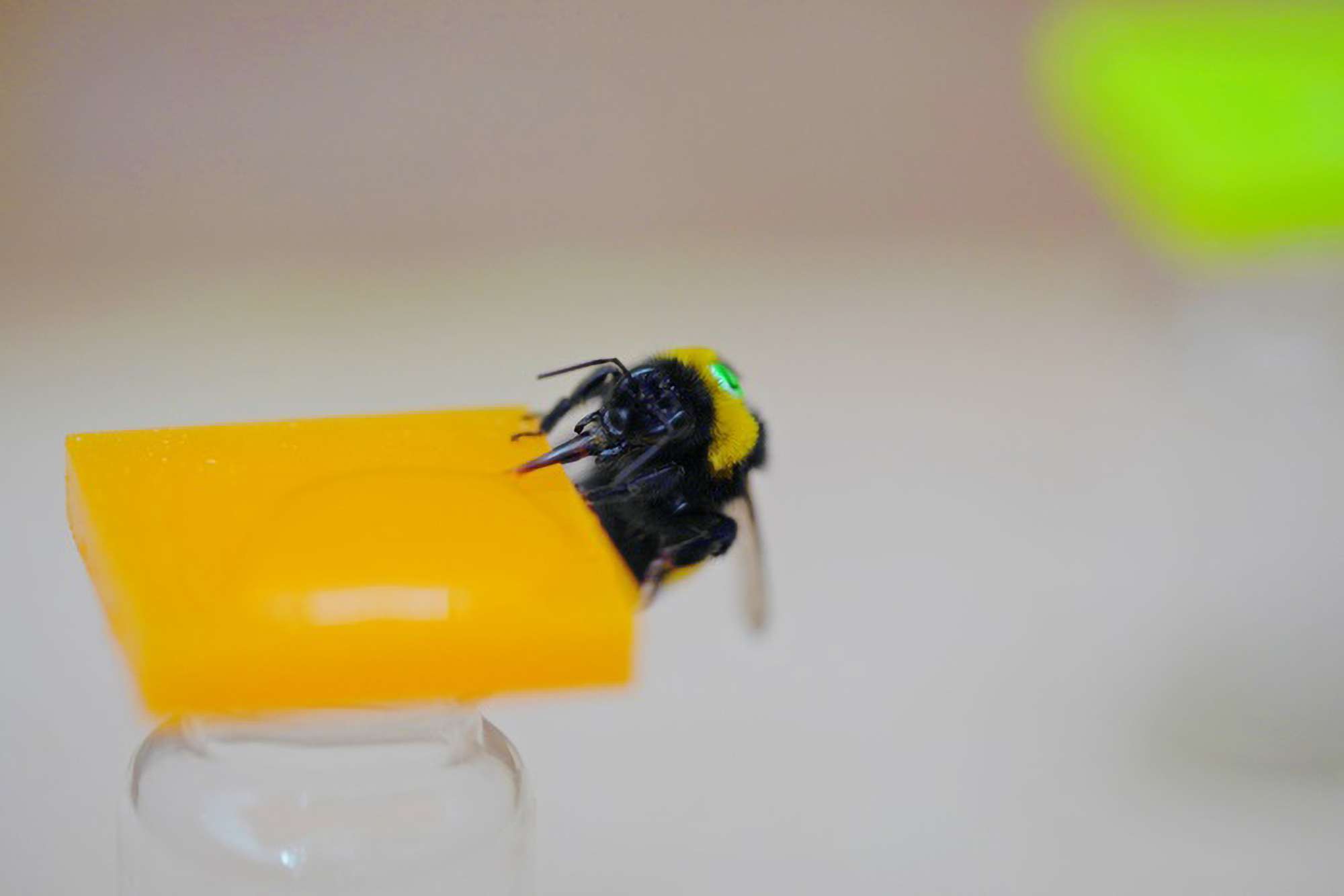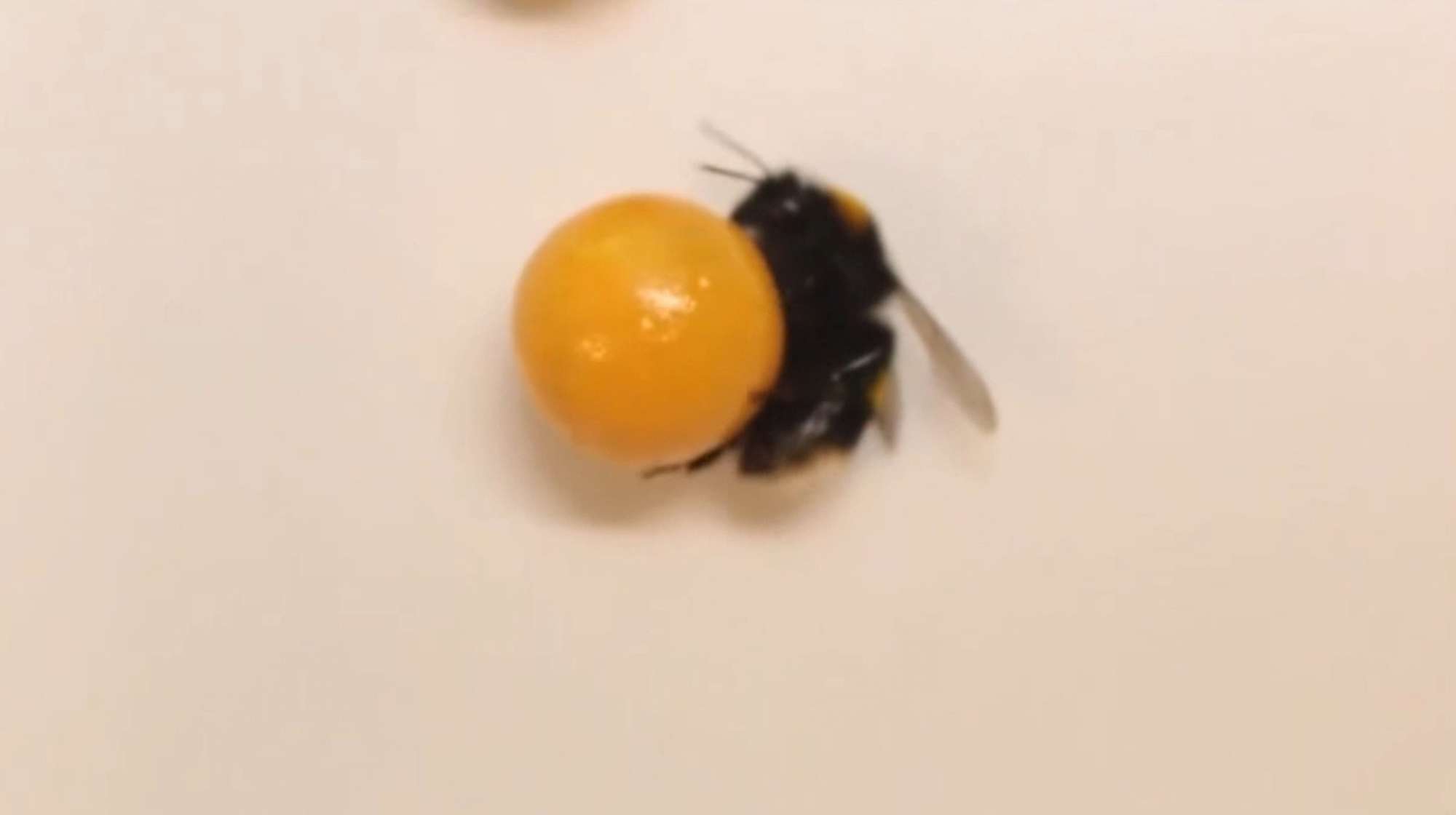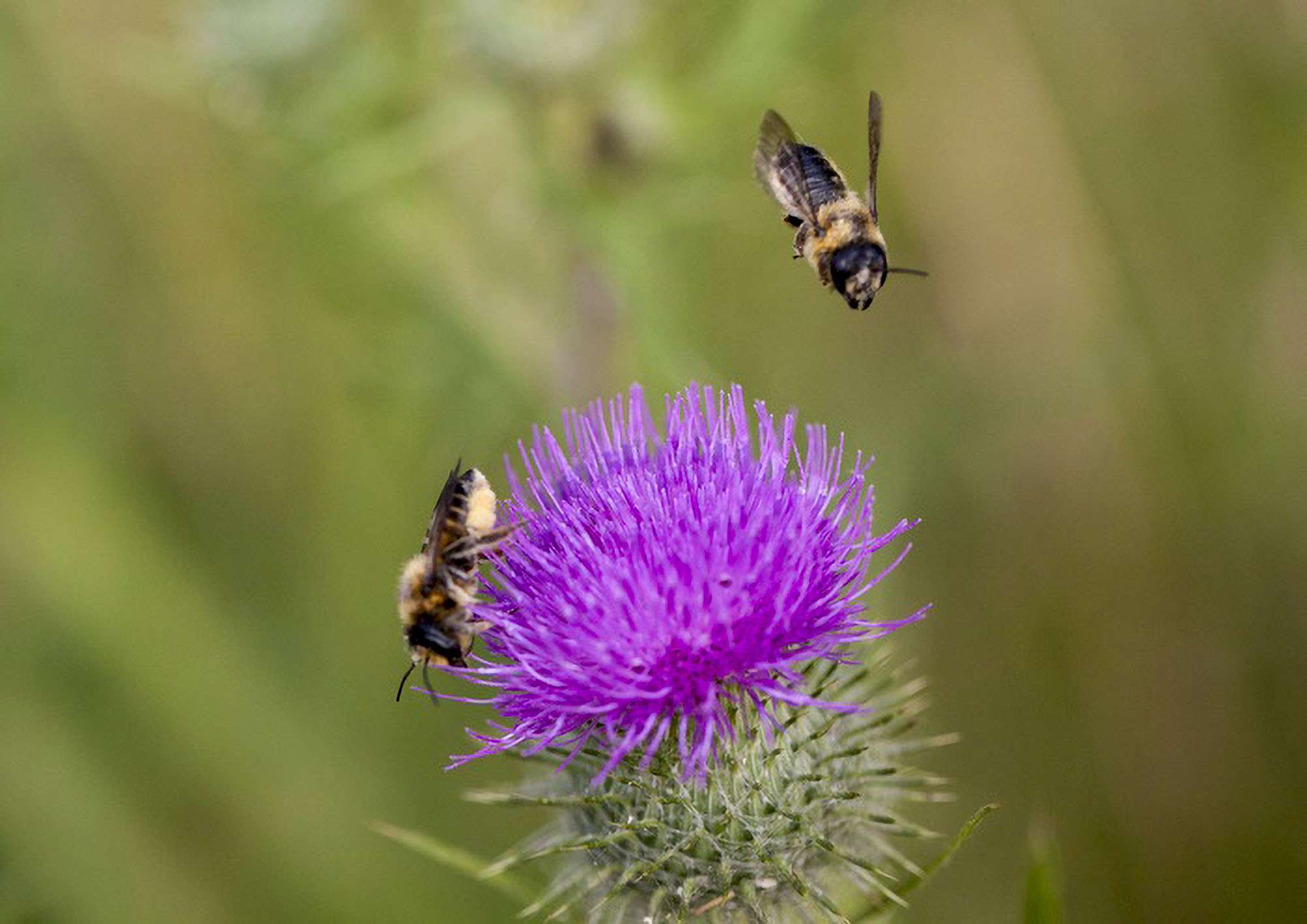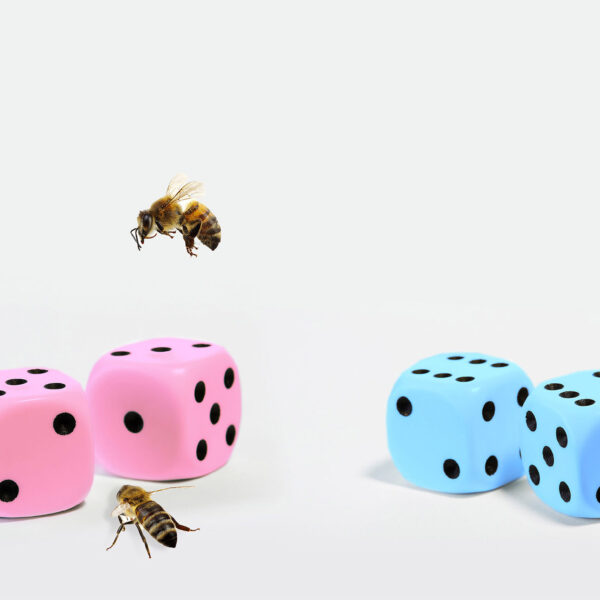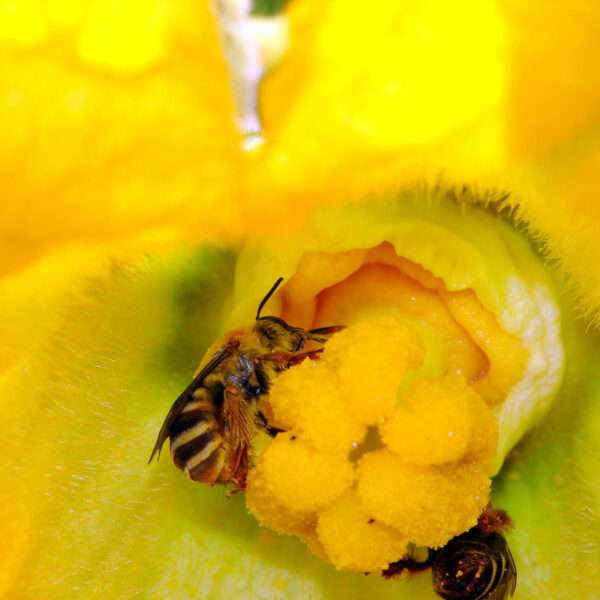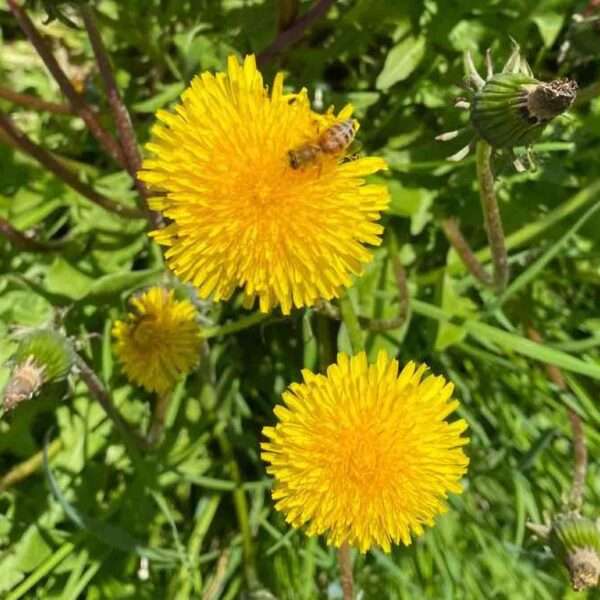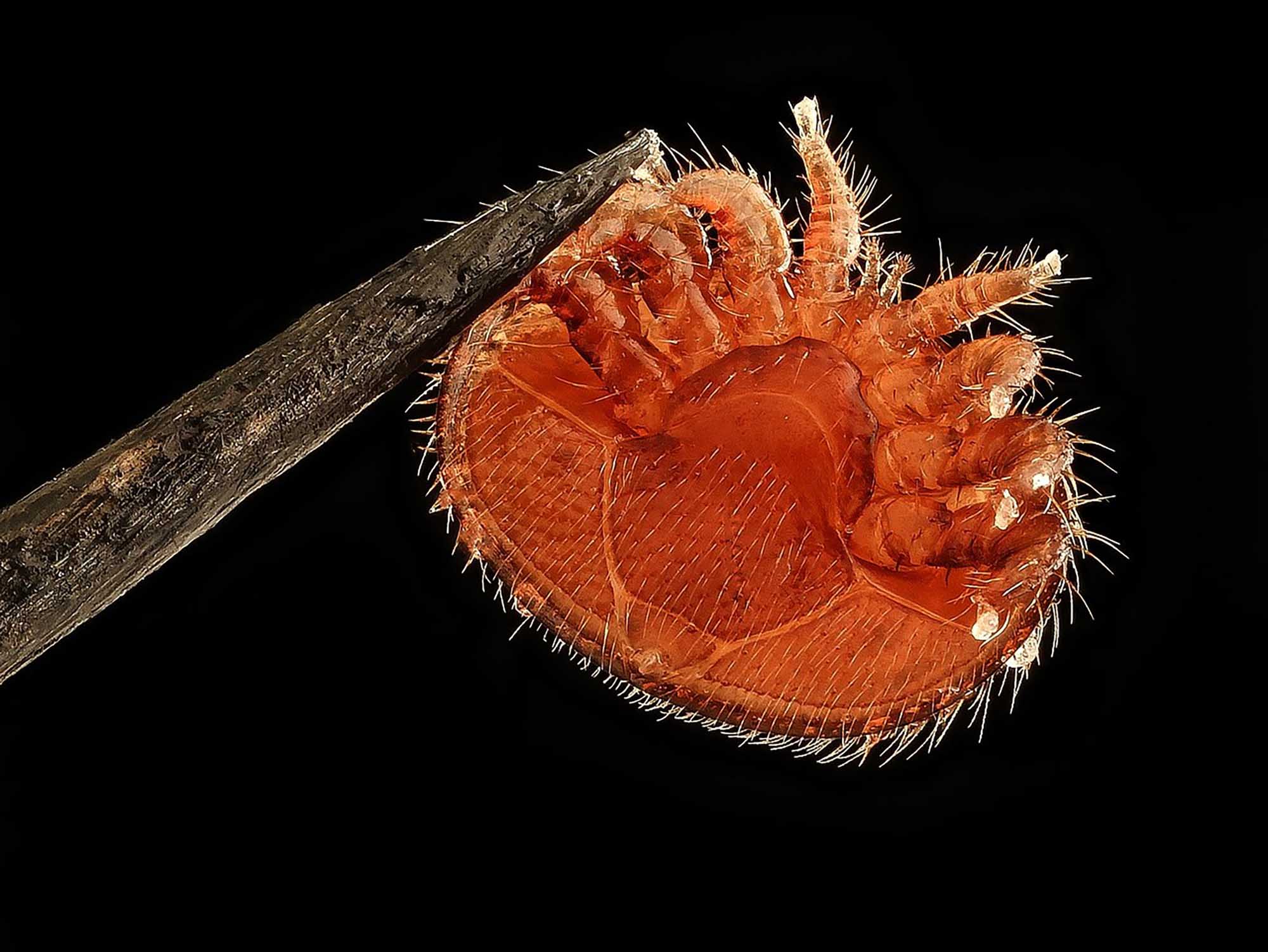Bumblebees only remember if a flower is sweeter than another one but do not memorise how sweet a blossom is, according to a study by an international panel of experts.
Biologists at London’s Queen Mary University first trained the insects – which are important to ecosystems due to their pollinating activities – on two flowers to help them find out that one flower was sweeter than the other one.
They subsequently enabled them to understand that a third flower was sweeter than the fourth bloom. The bumblebees were then given the choice between two of the flowers they had not yet seen together before.
The experiment results indicate that the insects could only retain very basic ranking memories for the flowers.
According to the team of researchers, previous studies have confirmed that humans retain memories for both absolute information and comparisons.
Prof Fei Peng from the Southern Medical University in Guangzhou, China, is one of the co-authors of the study. He said: “It may be that the different strategies used by bumblebees and humans have evolved because of their different diets.
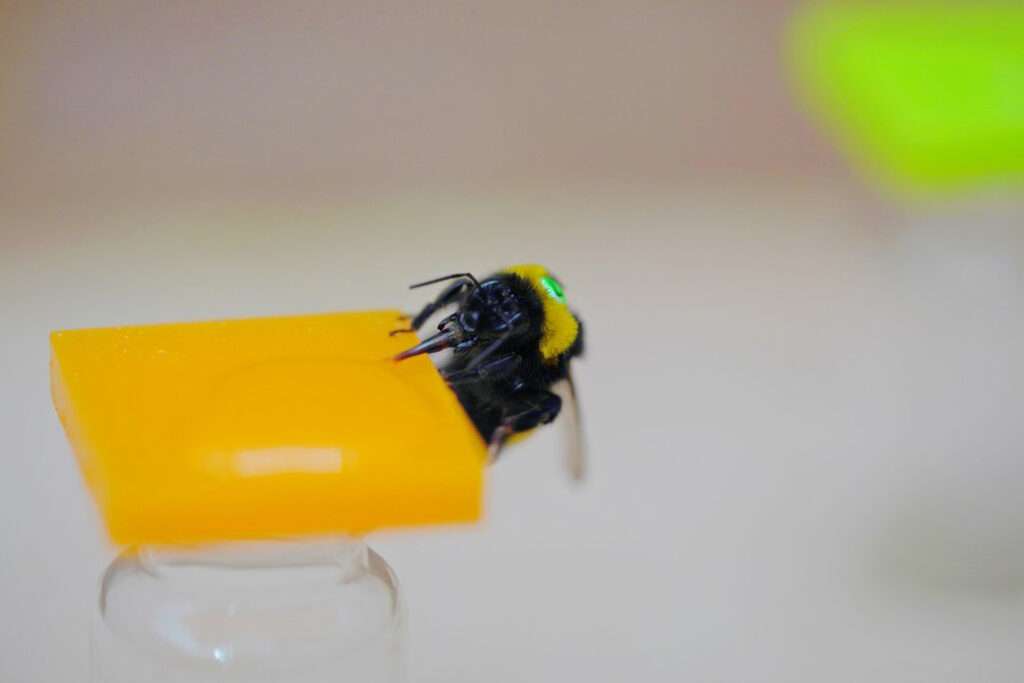
Prof Feng added it was possible that bumblebees never had to remember any details as they had been eating mostly nectar throughout their evolution.
Ms Yonghe Zhou is the co-lead author of the study. The Queen Mary University of London researcher said: “Our results reveal an intriguing divergent mechanism for how bumblebees retain and use information about options compared to humans and birds.”
The expert on entomology added: “Despite what may seem to be a poor memory strategy, bumblebees do very well in finding the most profitable flowers. It’s fascinating to consider how different animals, in their own ecological niche, can be similarly successful using such different strategies.”
Bumblebees are among the many insect species that suffered population declines in the past few years due to climate change and the application of herbicides.
Bumblebees are engaged pollinators. They play a key role in ensuring biodiversity. A bumblebee colony consist of up to 200 insects.
The insects have round bodies that are up to 15 millimetres long. They mainly exist in higher altitudes. Bumblebees generally only sting to defend themselves.
The Canada Agriculture and Food Museum underlines on its website that bumblebees “don’t mind going out on overcast days.”
Ten researchers contributed as co-authors to the paper entitled “Bumblebees retrieve only the ordinal ranking of foraging options when comparing memories obtained in distinct settings.” It has been published by eLife, an open-access scientific magazine with a special focus on biomedical sciences.

